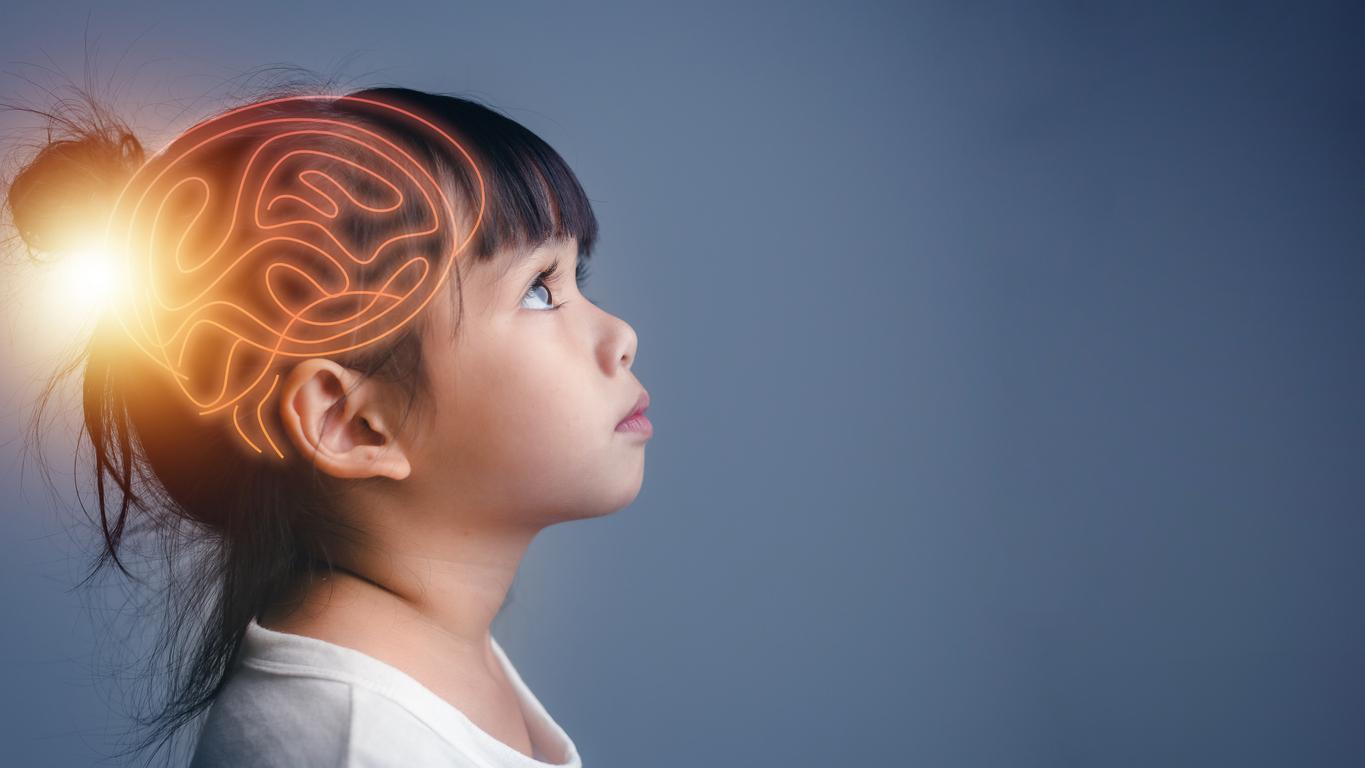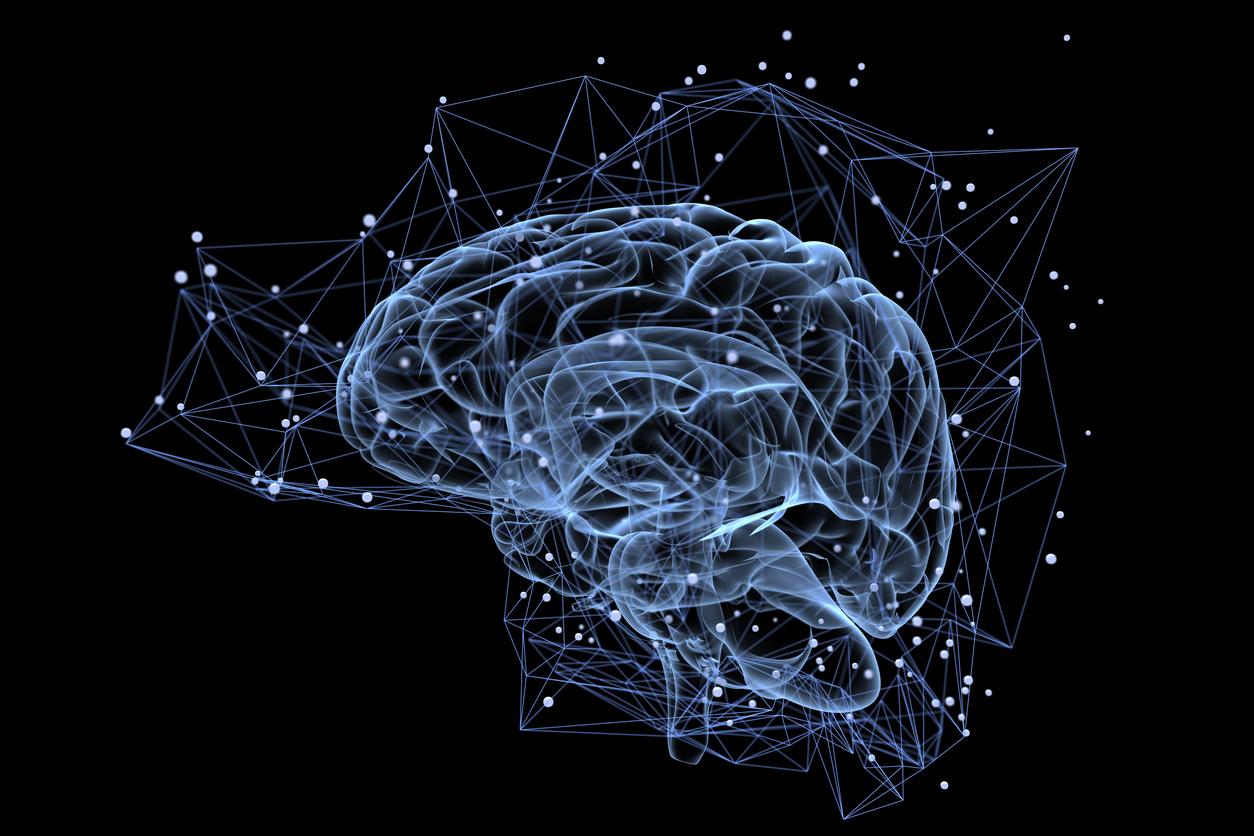According to a new study, one in four adults are twice as likely to suffer from generalized anxiety disorder (GAD). This risk is particularly important in depressed patients, women, as well as in adults who have suffered violence during their childhood.

- The risk of generalized anxiety disorder in people with ADHD and a history of major depressive disorder was increased sixfold.
- Women are almost five times more likely to suffer from generalized anxiety disorder.
Better known in children, attention deficit disorder with or without hyperactivity (ADHD) also affects adults: between 2 and 4% of the world’s population is affected. It can be manifested by impulsiveness, trouble concentrating or by a motor or mental hyperactivity.
New research published in the Journal of Affective Disorders estimates that one in four adults (aged 20-39) are twice as likely to suffer from generalized anxiety disorder (GAD). This “diagnosis” was made after taking into account other factors such as socio-demographic characteristics, negative childhood experiences and history of substance use disorders and major depressive disorders during life.
The risks of GAD in people with ADHD and a history of major depressive disorder increased six-fold. The risk is also very high in women, who are almost five times more likely to suffer from GAD.
“ADHD has been severely underdiagnosed and undertreated in girls and women. These results suggest that women with ADHD may also be more likely to experience anxiety, highlighting the need for increased support for women with ADHD.“, underlines Andie MacNeil, co-author of the study.
An increased disorder in case of violence suffered during childhood
Adults who have had negative or even traumatic experiences during their childhood are also particularly at risk of GAD. Those who have experienced sexual abuse or domestic violence are notably three times more likely to suffer from generalized anxiety disorder.
According to the study, 60% of people with ADHD and GAD had at least one of these negative experiences in childhood. Other factors have been associated with generalized anxiety disorder in adults with ADHD, such as economic status or not having the benefit of loved ones.
“It is essential that people with ADHD who are struggling with mental health issues seek help from their family doctor or other mental health professionals, including social workers, psychologists and psychiatrists . Effective treatments, such as cognitive behavioral therapy are available and can significantly improve a person’s quality of life“, underlines Esme Fuller-Thomson, co-author of the study.
.

















